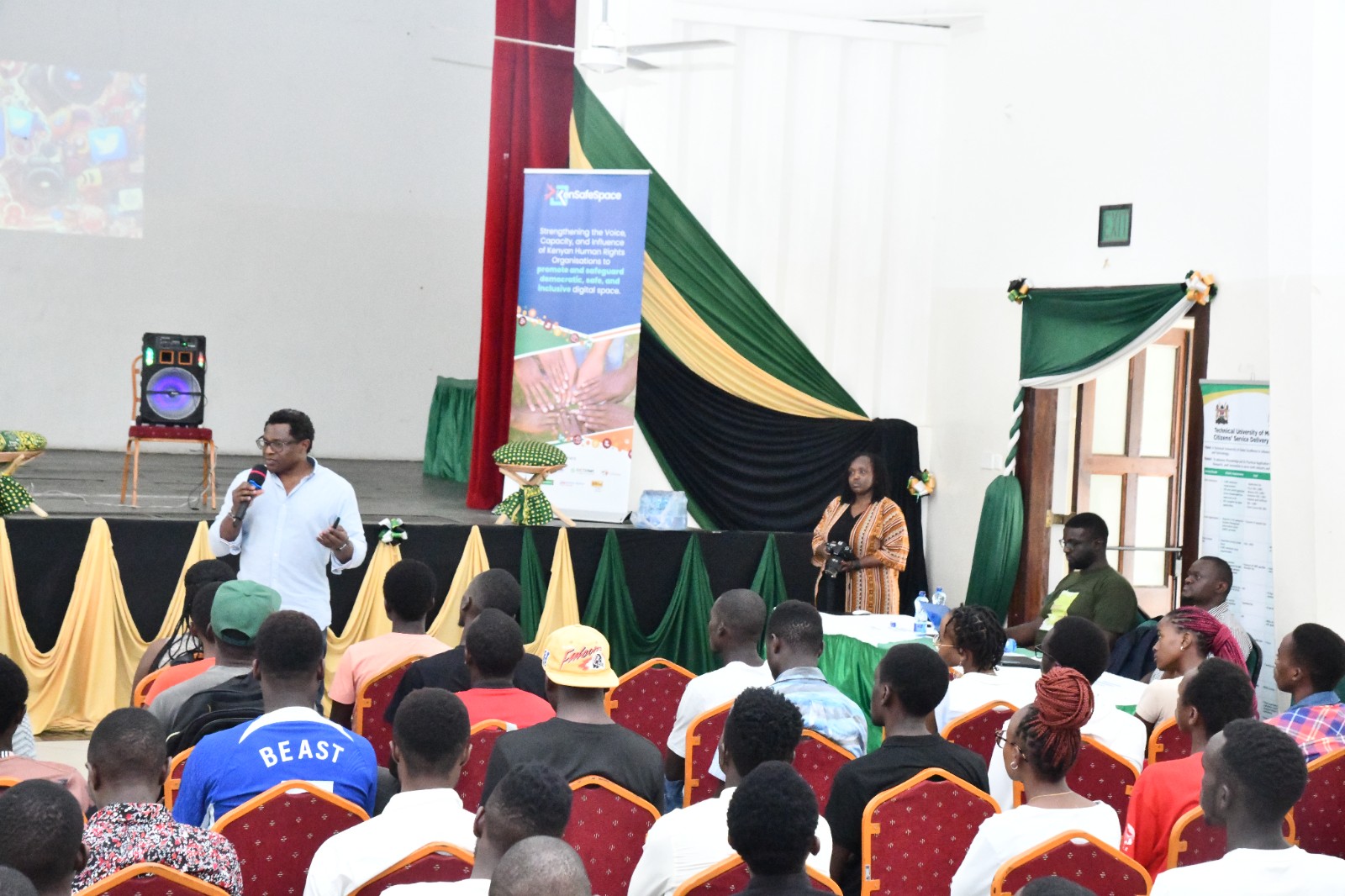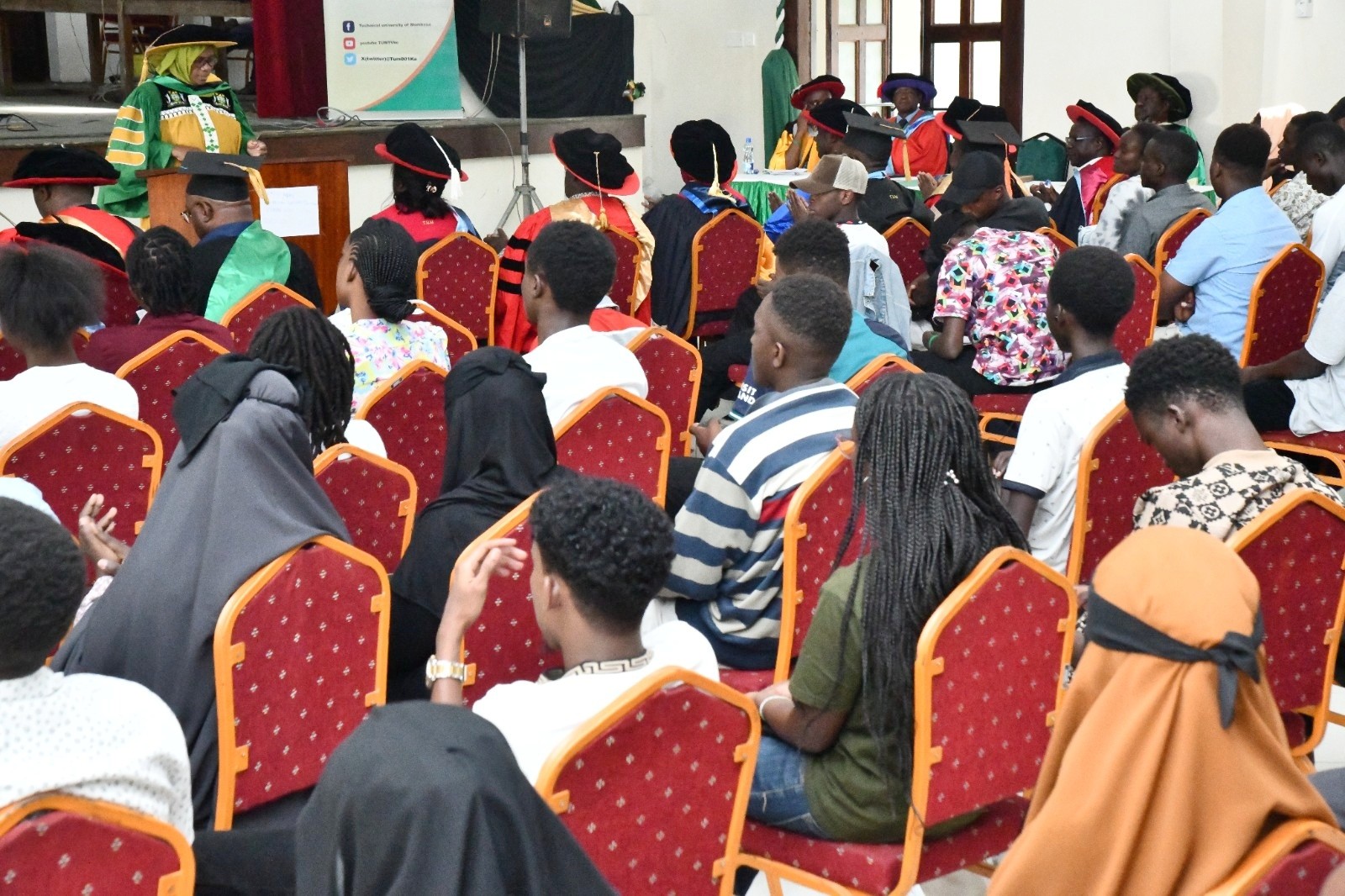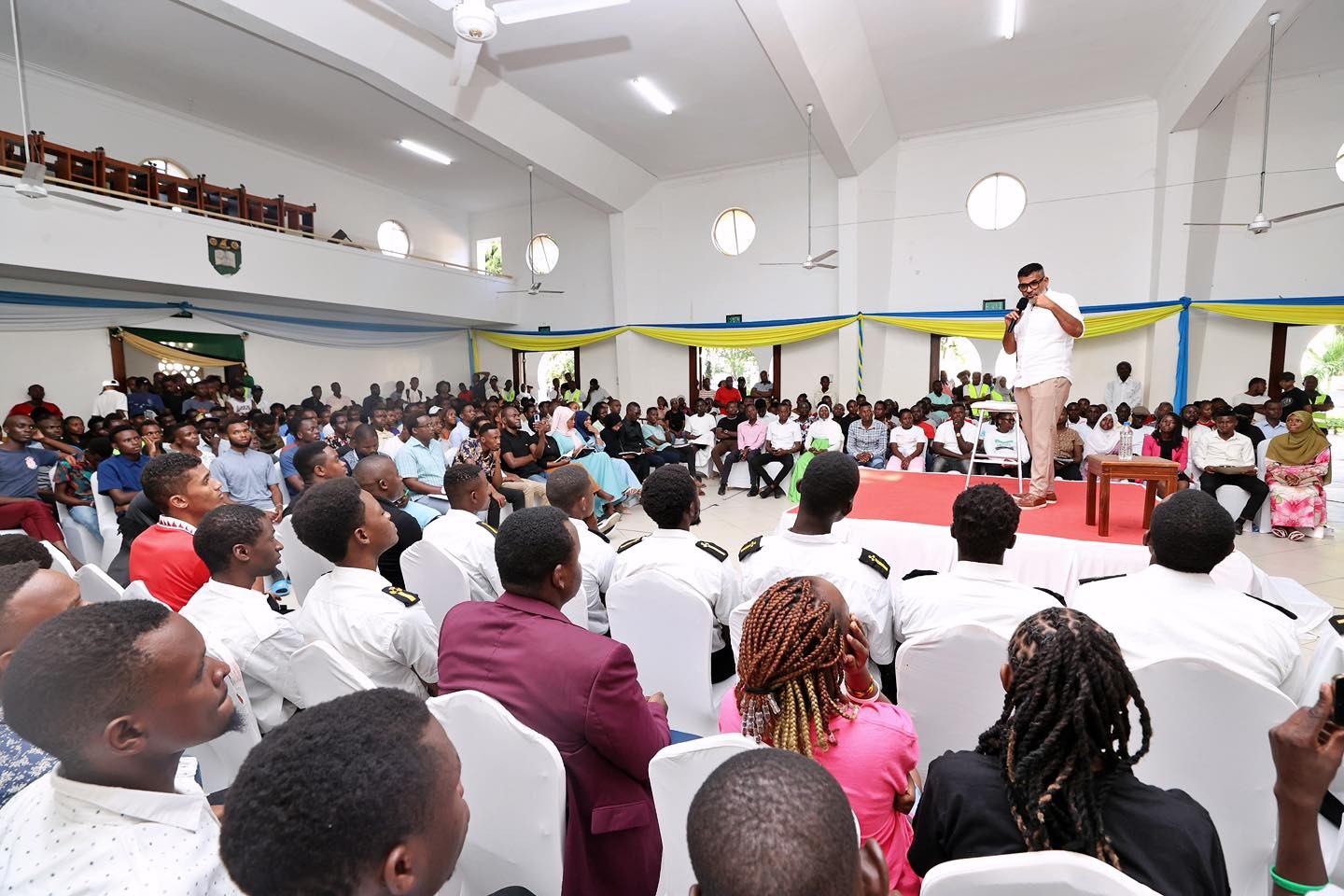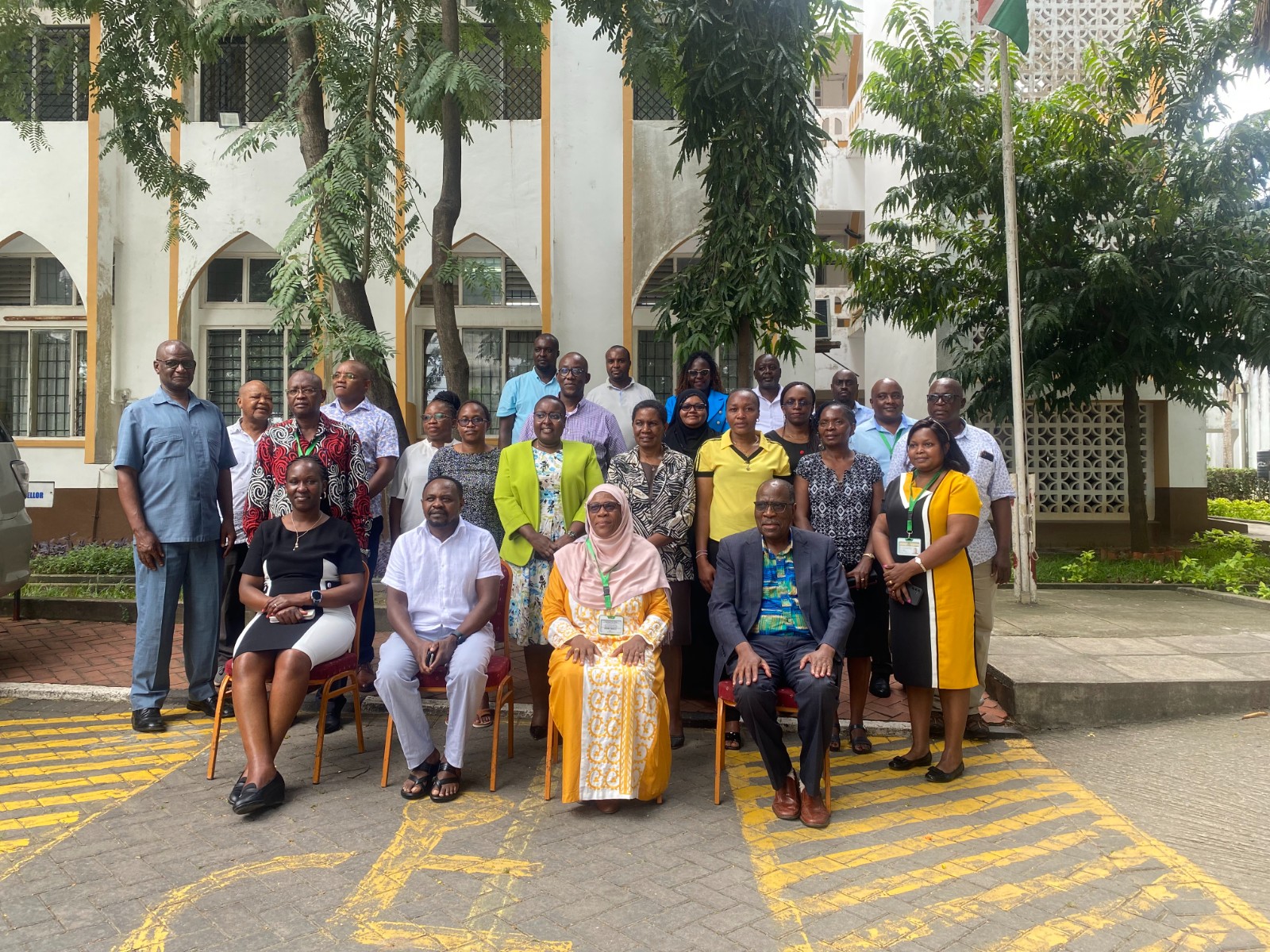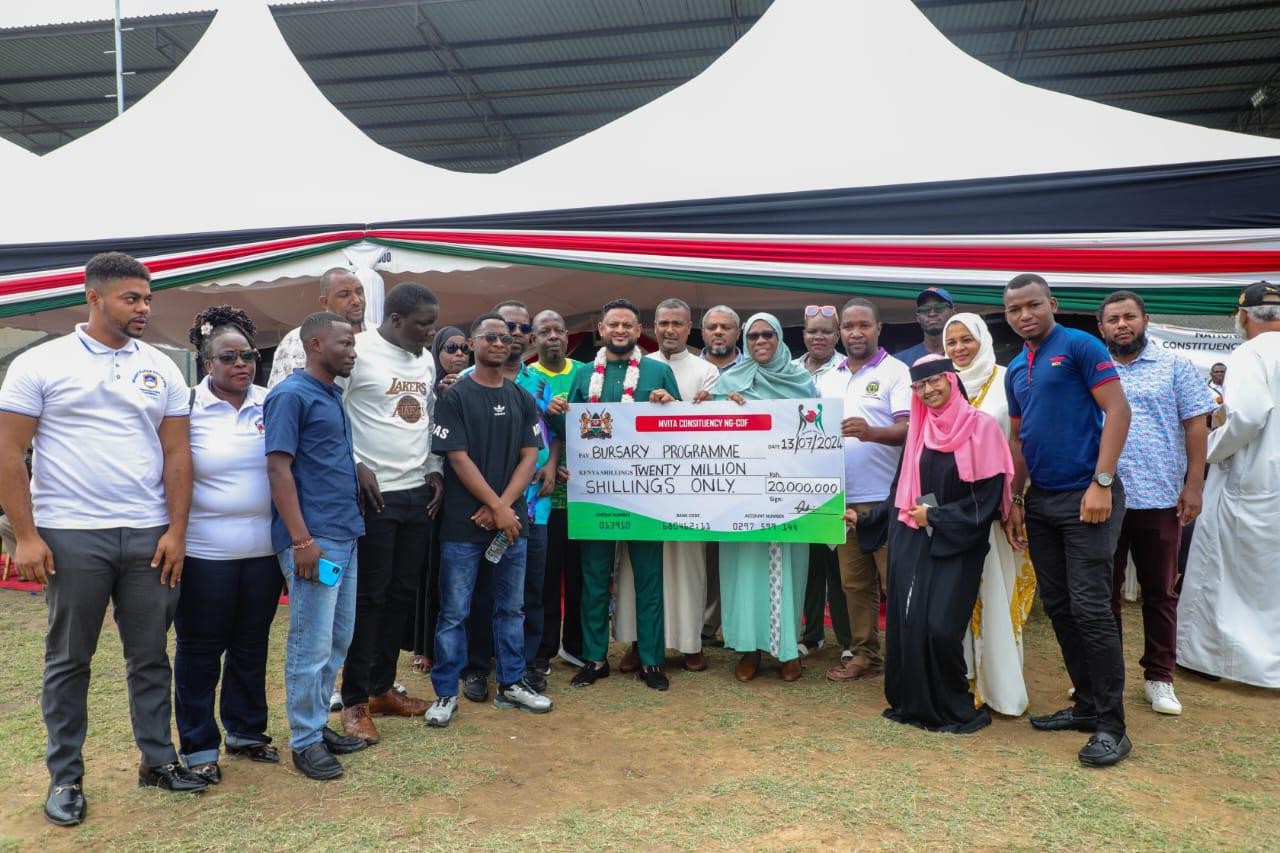The Communication Studies Department at TUM hosted a digital media literacy training on July 24th and 25th. The training was organized and facilitated by the #KenSafeSpace project by Internews in Kenya. It aimed to equip participants with the skills to critically assess and effectively respond to digital risks such as misinformation, disinformation, and cyberbullying. The event spanned over two days at the Technical University of Mombasa and was attended by faculty members, journalism and media students, as well as computing students.
Day 1: Training for Trainers
The training commenced with a courtesy visit by the facilitators to the Vice-Chancellor, setting the stage for the comprehensive Digital Media Literacy Training for Trainers. Notable attendees included the Deputy Vice-Chancellor, Prof. Peter Gichangi, the Dean of Humanities and Social Sciences, Dr. Godfrey Nato, and the Chair of the Department, Mr. Joseph Ngare. The trainers, Mr. Abraham Mariita, Professor George Nyabuga, and their team, covered key topics such as misinformation, disinformation, fake news, fact-checking, verification, and media literacy.
The objective of the training was to empower trainers with the necessary knowledge and skills to educate others on responsible media consumption and production, contributing to a more informed and media-literate society. The culmination of the training involved a similar program for Communication, Media, and Computing students at the Assembly Hall the following day.
Day 2: Workshop for Journalism and Computing Students
The second day saw a shift in focus to the digital media literacy workshop for Journalism and Computing students. The Vice-Chancellor, Prof. Laila Abubakar, officially opened the event with a few remarks on the significance of the workshop in relation to students' future careers in media and research. Emphasis was placed on the importance of digital media literacy in all aspects of professional and personal life.
"The digital space is vibrant and abundant in information that young people can use to empower themselves. However, we need to be careful and use the digital space responsibly so as not to spread misinformation," stated Prof. Laila Abubakar.
Prof. George Nyabuga led the program, addressing crucial topics including deepfake, dissemination of information, misinformation, Artificial Intelligence and a broader scope of digital media literacy. The primary objective was to enable students to critically assess digital information, discern factual content from disinformation, and effectively respond to digital risks.
Conclusion
The Digital Media Literacy Training for Trainers and Journalism students at the Technical University of Mombasa was a resounding success. The comprehensive training equipped participants with essential skills to navigate the digital landscape responsibly and critically assess the information they encounter. The commitment of the university and the facilitators to promoting media literacy will undoubtedly contribute to a more informed and empowered society.

